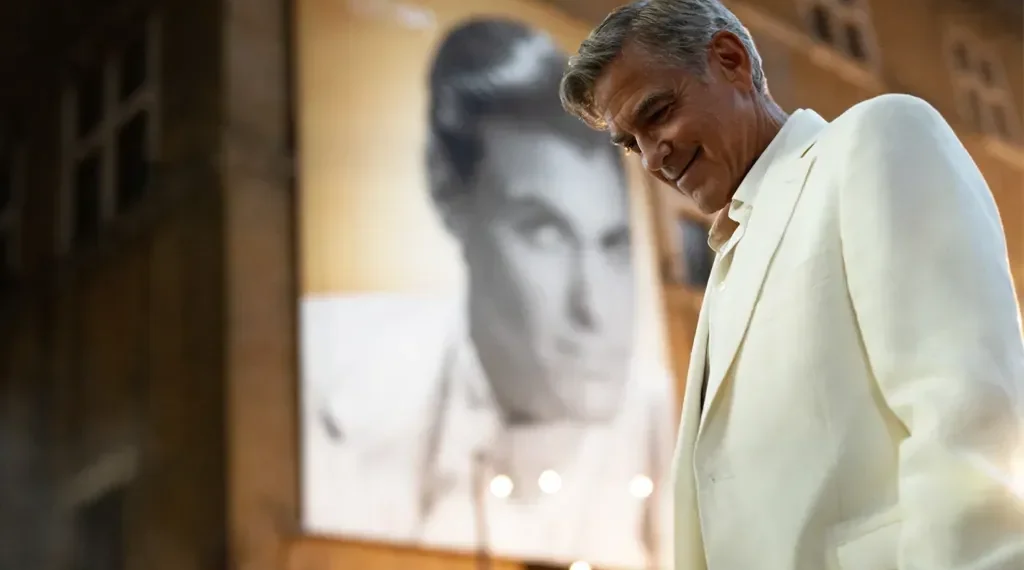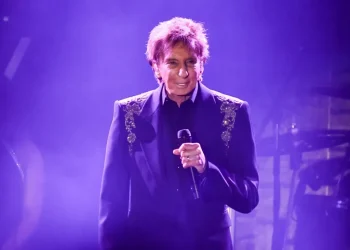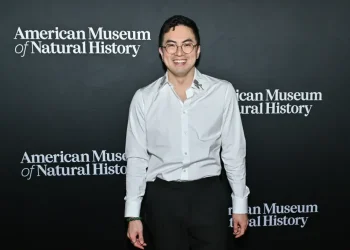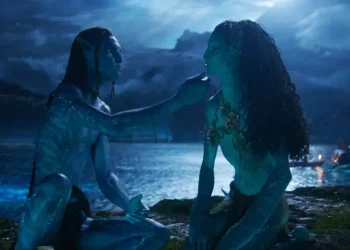George Clooney Explores Fame and Family in Thought-Provoking ‘Jay Kelly’
George Clooney delivers a nuanced performance in Jay Kelly, a film that intertwines Hollywood glamour with intimate human drama. Directed by Noah Baumbach, the movie examines stardom, personal sacrifice, and the complexities of family relationships, blending surreal cinematic moments with heartfelt storytelling.
Exploring the Midlife Journey of a Movie Star
In Jay Kelly, Clooney portrays a celebrated actor navigating a midlife reflection on his career and personal life. The character, a universally admired movie star, is caught between the public persona he has crafted and private regrets he can no longer ignore.
“My life doesn’t really feel real,” Kelly confides, blurring the line between actor and role. He muses that all his memories feel like movie scenes, highlighting the introspective tone of the film. This exploration of identity sets the stage for a journey that is as much about self-discovery as it is about Hollywood’s artifice.
Confronting the Past: Relationships and Reckoning
The narrative pivots when Kelly encounters an old acting partner, played by Billy Crudup, whose character challenges Kelly on his past choices. The confrontation forces him to face uncomfortable truths: “Is there a person in there? Maybe you don’t actually exist,” Crudup’s character asks. This interaction propels Kelly toward reflection and personal growth.
Family dynamics play a critical role, with Adam Sandler and Laura Dern portraying Kelly’s long-suffering manager and publicist. Kelly’s adult daughters, portrayed by Grace Edwards and Riley Keough, confront him about the emotional distance created by his career-first lifestyle. One striking scene underscores the film’s emotional weight: “I wish you were the man I thought you were,” Kelly’s daughter tells him, encapsulating the consequences of choices made in pursuit of fame.
Blending Reality and Hollywood
Baumbach and co-writer Emily Mortimer weave cinematic references throughout the film, nodding to Alfred Hitchcock, Federico Fellini, and the Method acting tradition. Surreal imagery—such as misty forests and playful vignettes—blends seamlessly with reflections on Kelly’s personal life, creating a rich, layered viewing experience.
The film frequently references Clooney’s own career, with subtle homages to previous roles. Retrospective montages incorporate scenes reminiscent of Combat Academy and Up in the Air, blurring the lines between actor and character while emphasizing the film’s self-reflective theme.
Humor, Humanity, and Self-Awareness
While exploring serious themes of regret and familial tension, the movie balances humor and charm. Clooney’s performance captures the charisma that made him a star, while also exposing vulnerabilities. Scenes such as a comedic chase of a purse snatcher or his attempts to conceal aging highlight the character’s ego and human flaws, lending relatability beyond Hollywood storytelling.
The film avoids becoming a mere critique of celebrity culture. Instead, it positions Kelly’s experiences as universal: the missed school recitals, overtime sacrifices, and overlooked personal connections resonate with any audience familiar with balancing professional ambition and personal life.
Visual and Emotional Storytelling
Cinematography and direction enhance the film’s emotional depth. Kelly’s journey through Italy, his interactions with family, and surreal interludes emphasize introspection. The use of visual storytelling complements the narrative, reinforcing the themes of reflection, loss, and reconciliation without relying on overt exposition.
By blending humor, surrealism, and heartfelt moments, Jay Kelly offers a thoughtful examination of mortality, choices, and the passage of time. Its emotional resonance lies in portraying the cost of ambition on human relationships, making it as relevant to everyday viewers as to those fascinated by Hollywood.
Conclusion: A Timely Meditation on Life Choices
Jay Kelly succeeds in transcending its Hollywood backdrop to deliver a universally relatable story about time, family, and personal priorities. Clooney’s performance is both charming and introspective, guided by Baumbach’s sensitive direction and Mortimer’s layered script.
Netflix will release the film in theaters ahead of streaming on December 5. Rated R for language, it runs 131 minutes and earns three and a half stars out of four, offering a blend of entertainment, reflection, and cinematic artistry that speaks to both film enthusiasts and general audiences alike.
This article was rewritten by JournosNews.com based on verified reporting from trusted sources. The content has been independently reviewed, fact-checked, and edited for accuracy, neutrality, tone, and global readability in accordance with Google News and AdSense standards.
All opinions, quotes, or statements from contributors, experts, or sourced organizations do not necessarily reflect the views of JournosNews.com. JournosNews.com maintains full editorial independence from any external funders, sponsors, or organizations.
Stay informed with JournosNews.com — your trusted source for verified global reporting and in-depth analysis. Follow us on Google News, BlueSky, and X for real-time updates.














